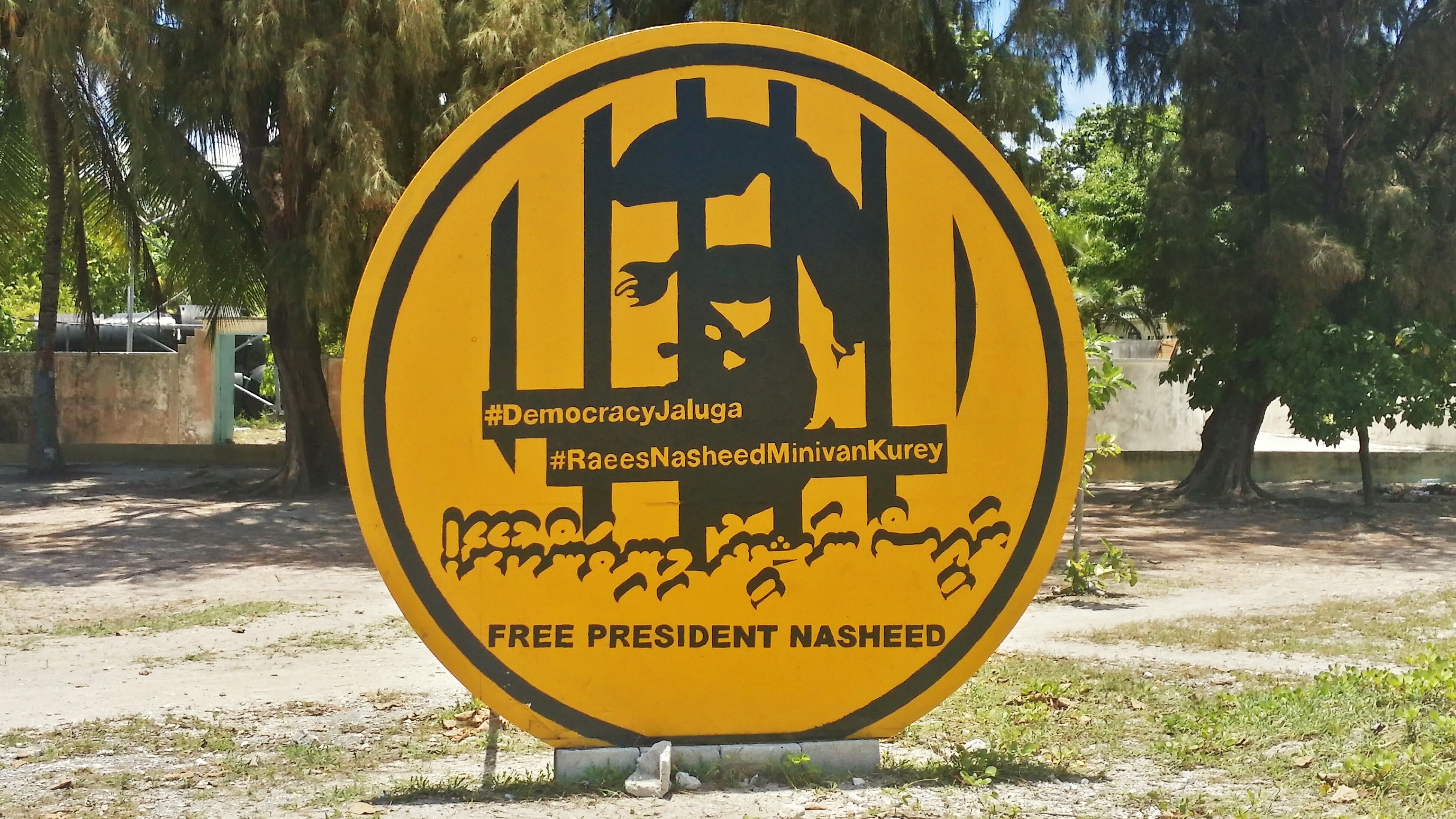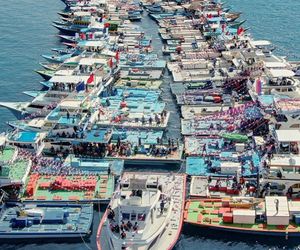Extremists and land grabs herald trouble in paradise, says Nasheed
Mohamed Nasheed, the exiled leader of the main opposition Maldivian Democratic Party, cannot run for president due to a prison sentence.

22 Jan 2018, 9:00 AM
This year’s elections are the last chance to save democracy in the Maldives, former president Mohamed Nasheed said Monday in his first major political speech of 2018.
The polls were important for the country and region because of a land grab and a religious extremist takeover in the honeymoon destination.
Nasheed, who is the exiled leader of the main opposition Maldivian Democratic Party, cannot run for president due to a conviction on a controversial terrorism charge. A UN panel ruled that his detention was arbitrary, politically motivated and violated international treaties the Maldives is party to.
He was granted asylum in the UK after he was authorised to seek medical treatment there amid mounting foreign pressure.
Become a member
Get full access to our archive and personalise your experience.
Already a member?
Discussion
No comments yet. Be the first to share your thoughts!
No comments yet. Be the first to join the conversation!
Join the Conversation
Sign in to share your thoughts under an alias and take part in the discussion. Independent journalism thrives on open, respectful debate — your voice matters.




